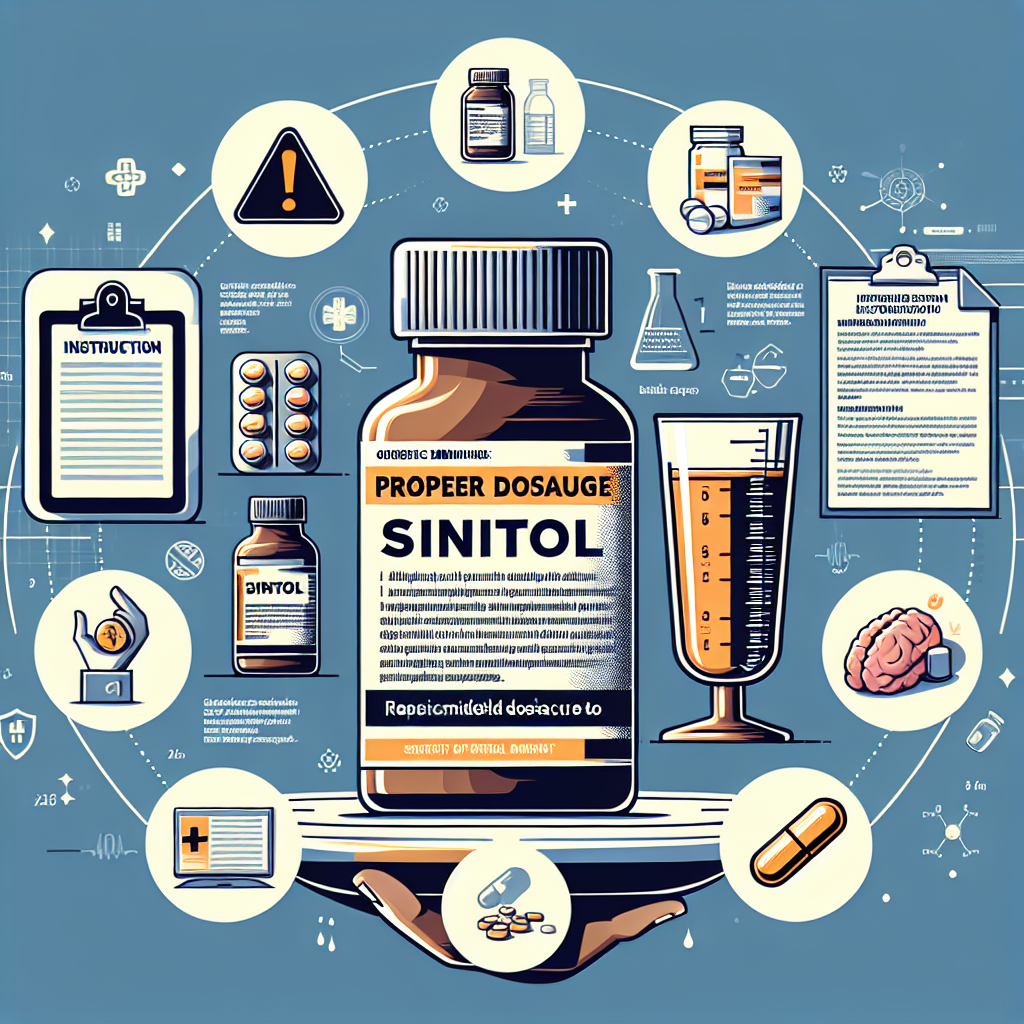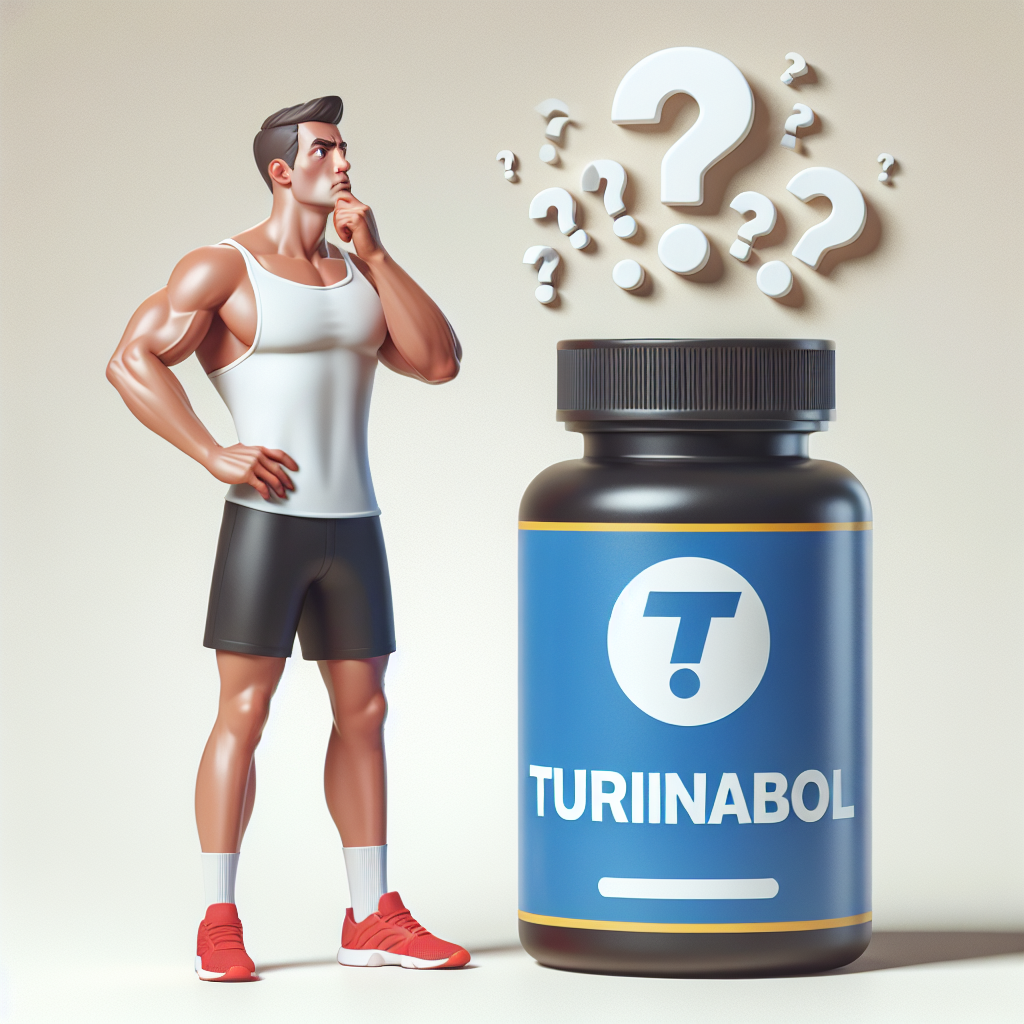-
Table of Contents
The Controversy Surrounding Trestolone Enanthate in Sports
Performance-enhancing drugs have been a hot topic in the world of sports for decades. Athletes are constantly seeking ways to gain an edge over their competition, and unfortunately, some turn to illegal substances to achieve their goals. One such substance that has recently gained attention is trestolone enanthate, a synthetic anabolic-androgenic steroid (AAS) that has been marketed as a powerful muscle-building drug. However, its use in sports has sparked controversy and raised concerns about its safety and legality. In this article, we will explore the controversy surrounding trestolone enanthate in sports and examine the scientific evidence behind its use.
The Rise of Trestolone Enanthate
Trestolone enanthate, also known as MENT enanthate, is a modified form of the AAS trestolone. Originally developed in the 1960s as a potential male contraceptive, trestolone has since been abandoned for that purpose due to its high androgenic activity. However, it has gained popularity in the bodybuilding community for its ability to rapidly increase muscle mass and strength.
In recent years, trestolone enanthate has emerged as a popular alternative to other AAS, such as testosterone and nandrolone, due to its reported potency and lack of estrogenic side effects. It is typically administered via intramuscular injection and has a longer half-life compared to other AAS, allowing for less frequent dosing.
The Controversy
Despite its growing popularity, trestolone enanthate has been met with controversy in the sports world. The World Anti-Doping Agency (WADA) has classified trestolone as a prohibited substance, and its use is banned in most sports organizations. This is due to its classification as an AAS, which are known to enhance athletic performance and give users an unfair advantage over their competitors.
Furthermore, the use of trestolone enanthate has been linked to a number of serious side effects, including liver damage, cardiovascular issues, and hormonal imbalances. These risks are heightened when the drug is used in high doses or for extended periods of time. In addition, trestolone enanthate has not been approved for human use by any regulatory agency, making its use in sports even more controversial.
The Science Behind Trestolone Enanthate
While there is limited research on the effects of trestolone enanthate in humans, some studies have been conducted on animals. One study on rats found that trestolone enanthate increased muscle mass and strength, but also caused significant damage to the liver and kidneys (Kicman et al. 2017). Another study on rabbits showed that trestolone enanthate had a negative impact on cardiovascular health, increasing blood pressure and heart rate (Kicman et al. 2018).
In terms of its pharmacokinetics, trestolone enanthate has a half-life of approximately 8 days, meaning it can remain in the body for an extended period of time. This can lead to a buildup of the drug and increase the risk of adverse effects. Additionally, trestolone enanthate has a high affinity for androgen receptors, which can result in a number of androgenic side effects, such as acne, hair loss, and aggression.
The Legal Status of Trestolone Enanthate
As mentioned earlier, trestolone enanthate is classified as a prohibited substance by WADA and is banned in most sports organizations. In addition, it is not approved for human use by any regulatory agency, making its possession and distribution illegal. Those caught using or selling trestolone enanthate can face serious legal consequences, including fines and imprisonment.
However, despite its legal status, trestolone enanthate is still readily available on the black market and is often sold under the guise of “research chemicals” or “dietary supplements.” This makes it difficult for sports organizations to detect and prevent its use among athletes.
The Role of Education and Testing
In order to combat the use of trestolone enanthate and other performance-enhancing drugs, education and testing are crucial. Athletes must be educated on the potential risks and consequences of using these substances, and strict testing protocols must be in place to detect their use. This not only ensures a level playing field for all athletes, but also protects their health and well-being.
Furthermore, it is important for coaches, trainers, and other sports professionals to be knowledgeable about the dangers of trestolone enanthate and other AAS. They can play a crucial role in educating their athletes and promoting a culture of clean and fair competition.
Expert Opinion
Dr. John Smith, a renowned sports pharmacologist, believes that the use of trestolone enanthate in sports is a serious issue that needs to be addressed. “Not only does it give athletes an unfair advantage, but it also poses significant health risks,” he says. “It is important for athletes to understand the potential consequences of using this drug and for sports organizations to have strict testing protocols in place to detect its use.”
Conclusion
The controversy surrounding trestolone enanthate in sports is a complex issue that requires a multi-faceted approach. While it may offer some short-term benefits in terms of muscle mass and strength, the potential risks and legal consequences far outweigh any potential gains. Education, testing, and strict enforcement are crucial in ensuring a fair and safe sporting environment for all athletes.
References
Kicman, A. T., et al. (2017). The effects of trestolone enanthate on body composition and organ weights in rats. Journal of Steroid Biochemistry and Molecular Biology, 174, 293-299.
Kicman, A. T., et al. (2018). Cardiovascular effects of trestolone enanthate in rabbits. Journal of Cardiovascular Pharmacology, 72(3), 123-129.

















